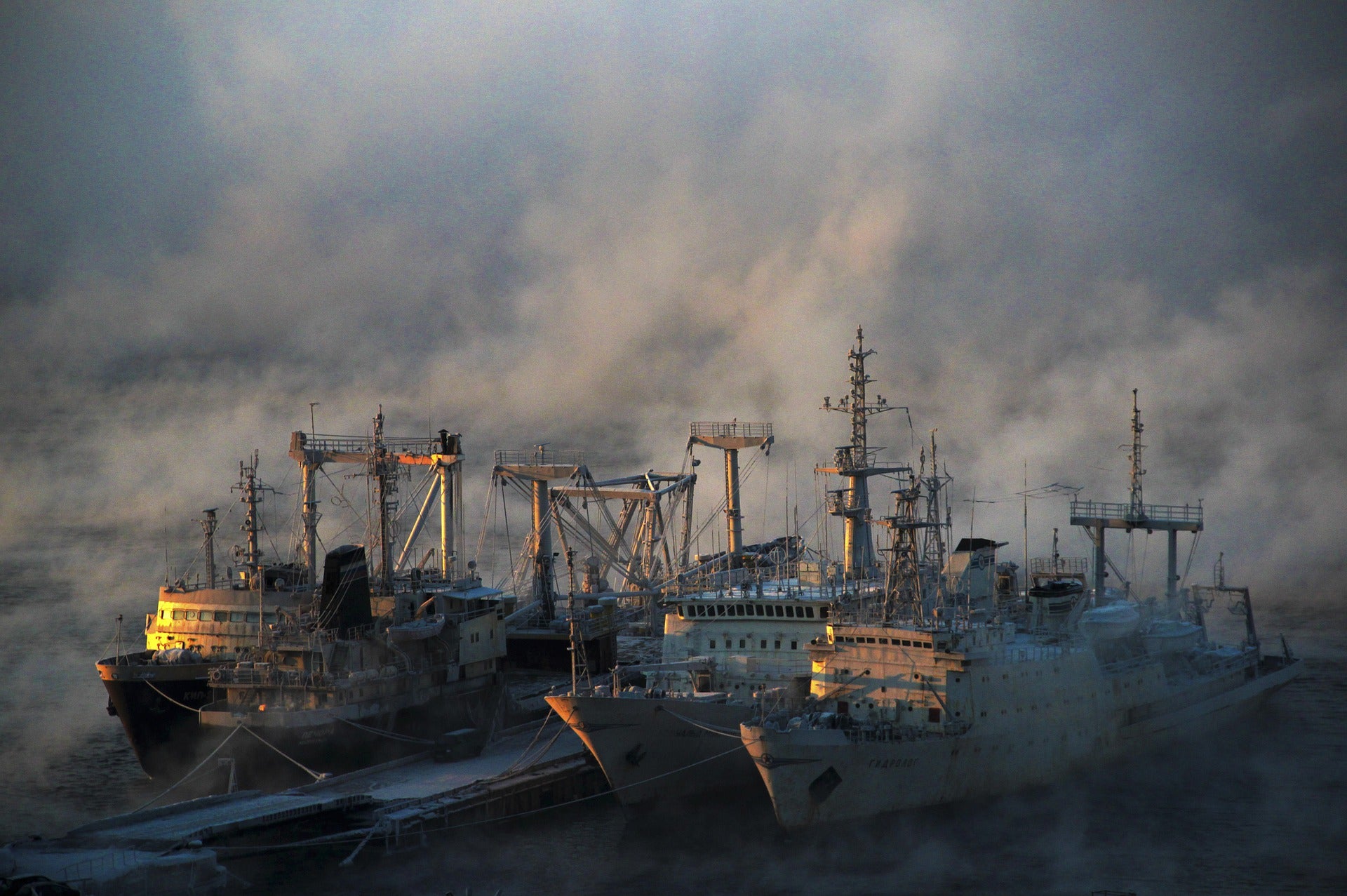
Industry body Maritime UK has published the third version of its Code of Practice which includes updated guidelines on the operation, evaluation and deployment planning of maritime autonomous surface ships (MASS).
The code features qualifications and training needed for those operating MASS systems. It also outlined operator standards of training and competence, alongside a detailed table identifying key training areas for MASS operations.
One of the new focuses in the updated Code of Practice has been on inland waterways, while another was expanded principles surrounding the design, manufacture and operation of autonomous vessels.
According to Maritime UK, the code demonstrates the UK’s continued leadership on autonomy.
The new Code of Practice is an updated version of a document launched by the UK Maritime Autonomous Systems Regulatory Working Group (MASRWG) in November 2017, with the second version following in November 2018.
The code was published to provide general guidelines for the design, construction and operation of MASS systems up to and including 24m in length.
Maritime UK highlighted that the main reason for publishing updated guidance for those owning and operating MASS systems was because of the “fast pace of change in maritime autonomy” and “to establish standards and best practice”.
ASRWG chair James Fanshawe said that “it’s really important that there are guidelines available to underpin that development in a safe, efficient and sustainable way.”
He added that the code has been updated to ensure “we’re keeping pace with global developments”.
The same sentiment was shared by UK Chamber of Shipping’s policy advisor Robert Carington, who asserted the chamber’s support towards the code. He said: “[The code] shows that industry is taking a continuous lead in developing and continuing the UK’s thought leadership and development in all aspects of Maritime Autonomy through practical action.”
Building on how Britain is sailing forward with respect to operating and regulating autonomous ships, Maritime UK’s chair Harry Theochari said that “the UK is in a compelling proposition as a global maritime centre and through Maritime 2050 we’re working with [the] government to strengthen that lead further still.”
“Automation has the potential to change our sector in ways that we cannot yet imagine,” Theochari added.
“Given its potential impact, it’s right that developments are underpinned by a strong set of principles and clear, practical guidance, including on people and skills. ”
In January 2019, the Department for Transport (DfT) formally launched the Maritime 2050 strategy, a vision of what the government hopes the UK’s maritime sector will look like 30 years from now.
Included in Maritime 2050 were plans to transition to zero-emissions shipping and diversify the workforce. The strategy also sets out commitments to ship automation and remote operation.
Former UK Transport Secretary Chris Grayling said at the time: “This strategy is a clear message to the world: we will continue to be a leading maritime nation for the next 30 years and beyond. We will be at the forefront of emerging technology and seafarer training, and will capitalise on selling this expertise to companies across the world.”



